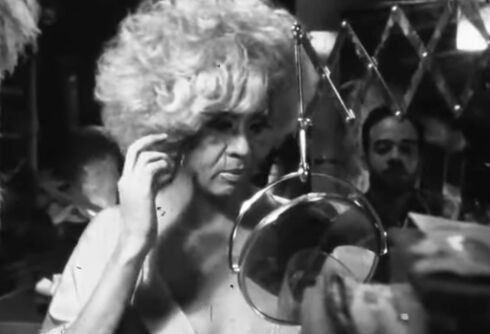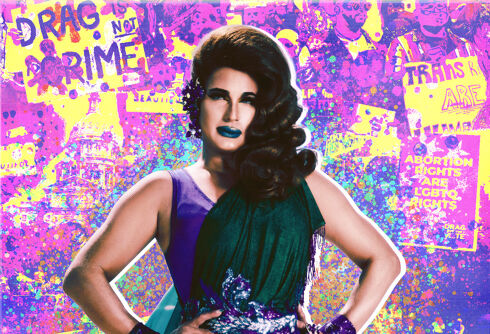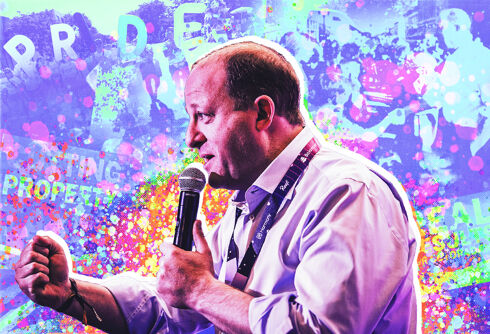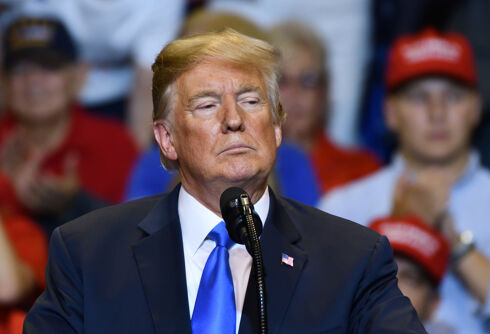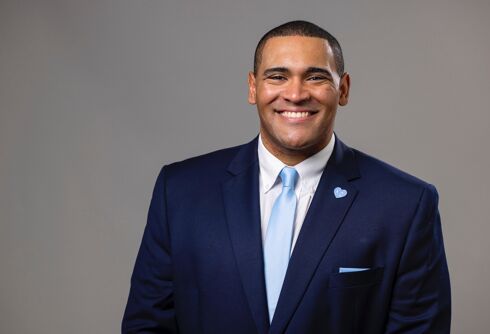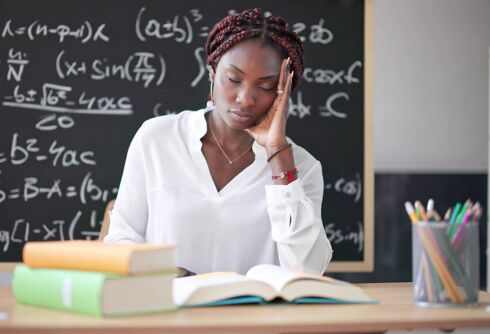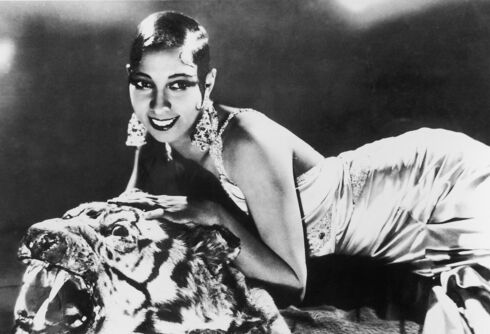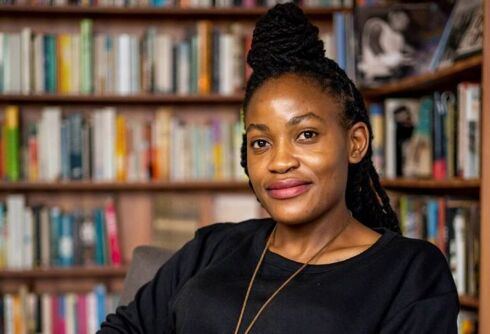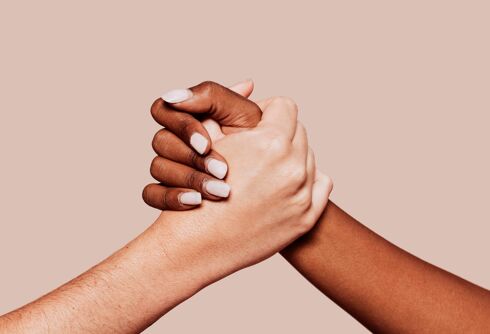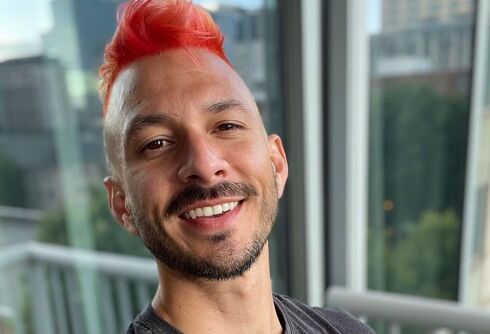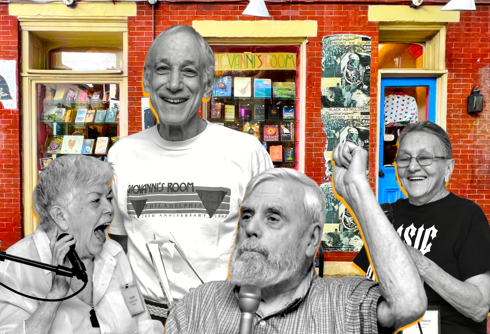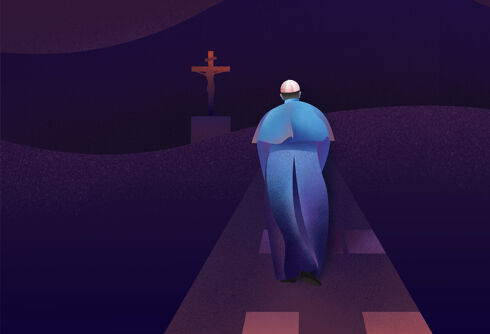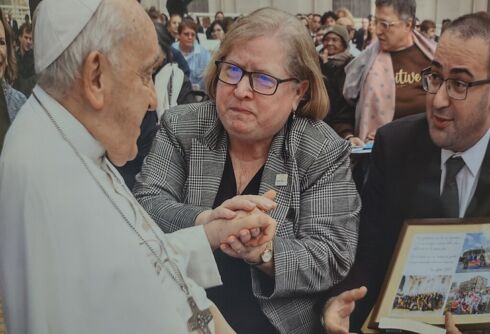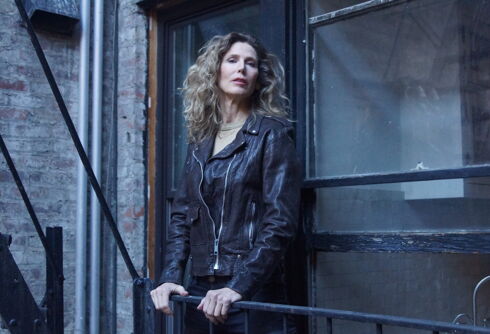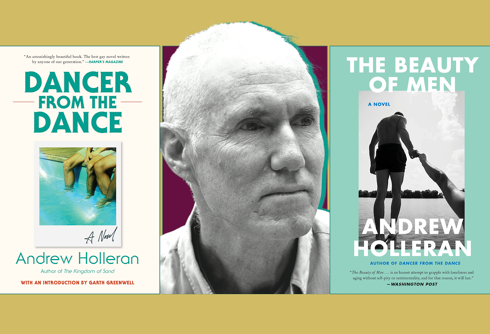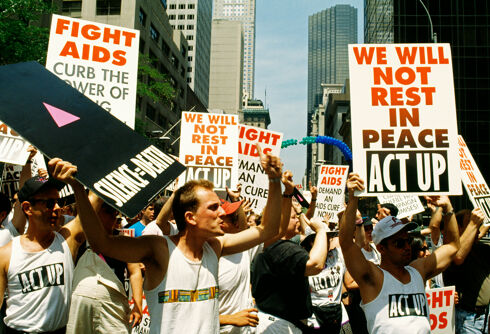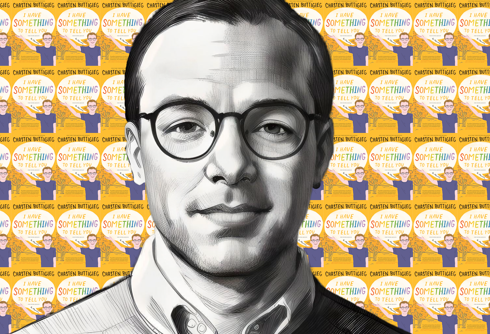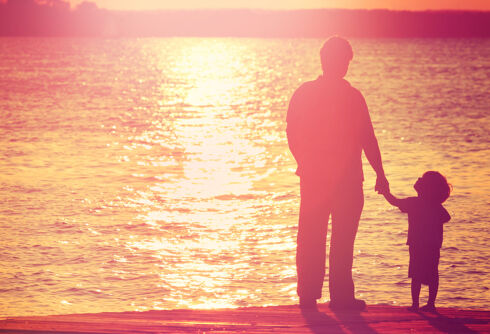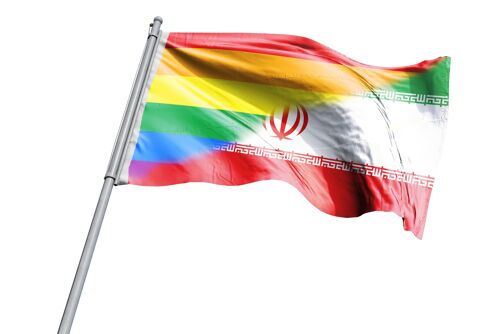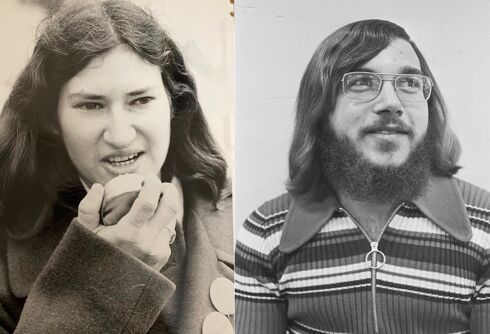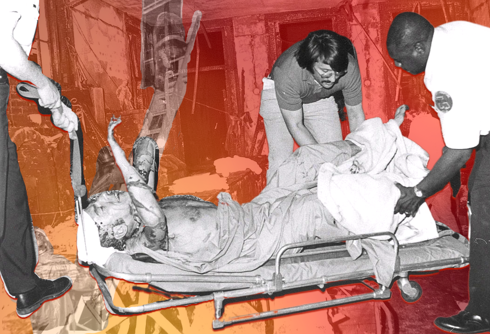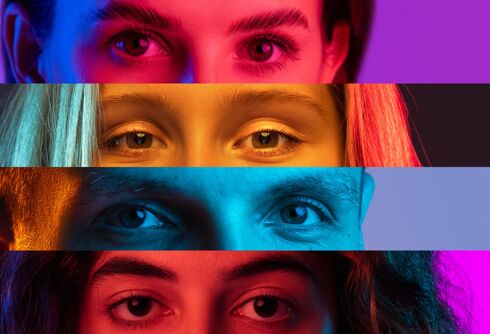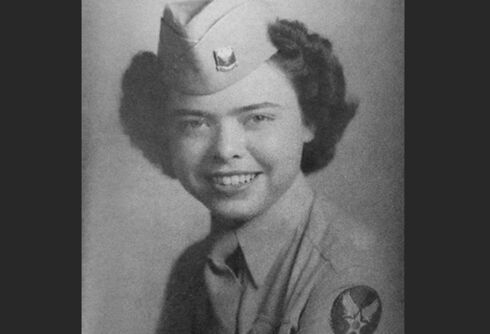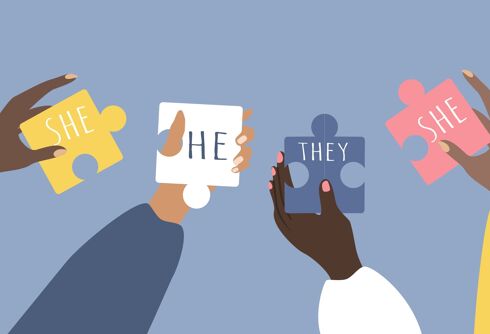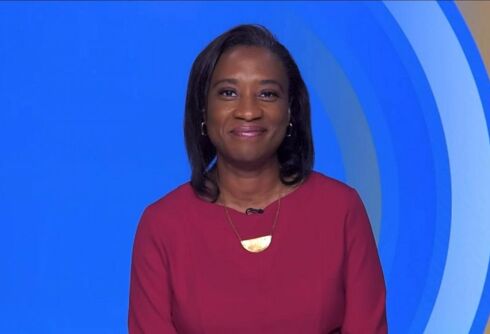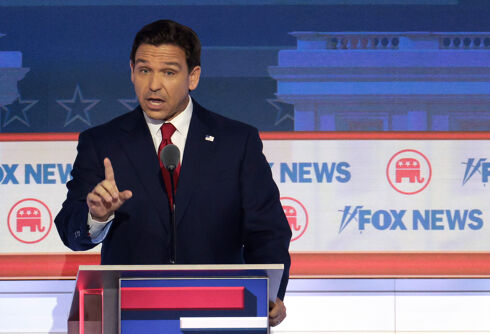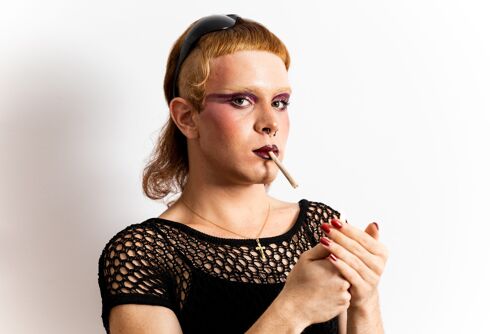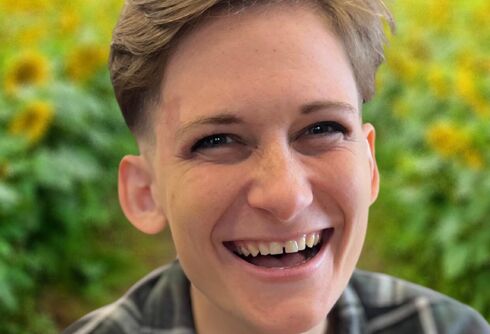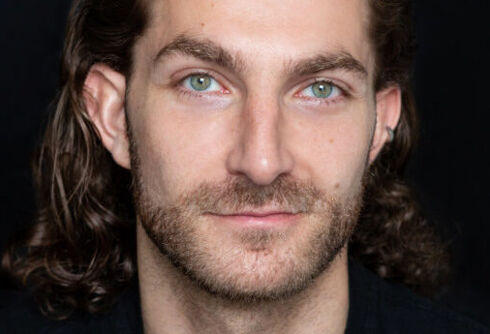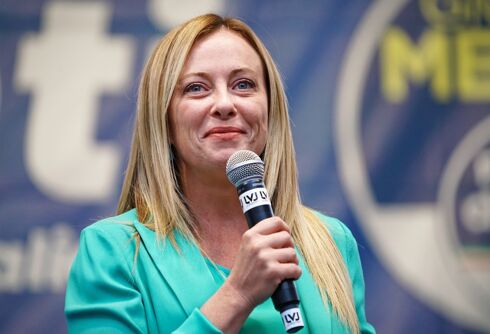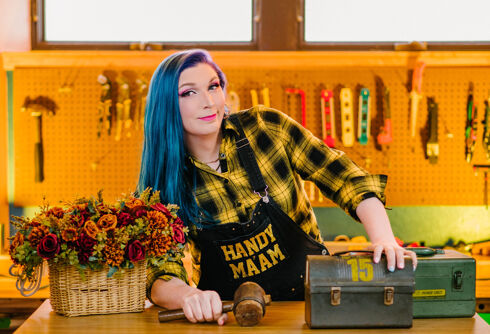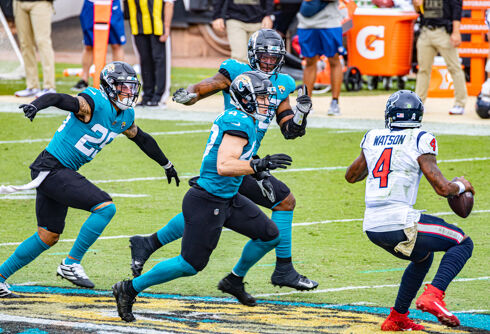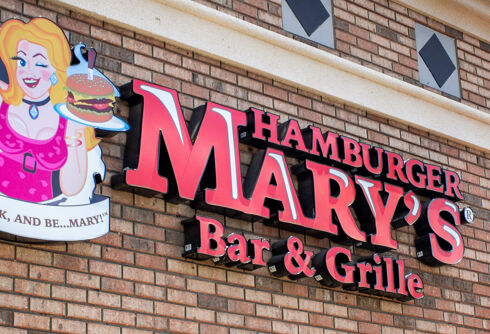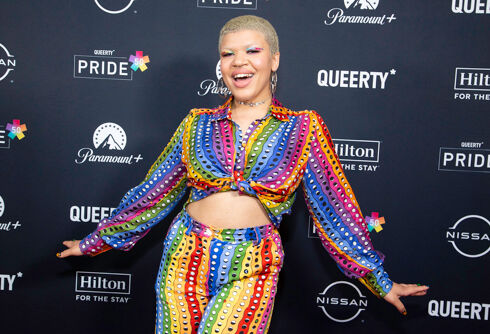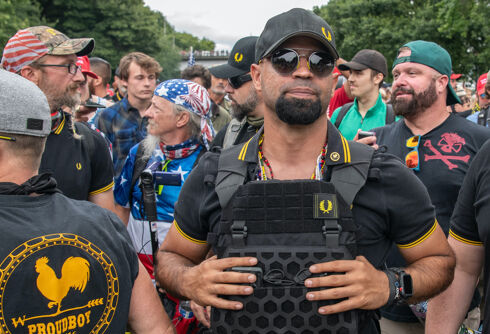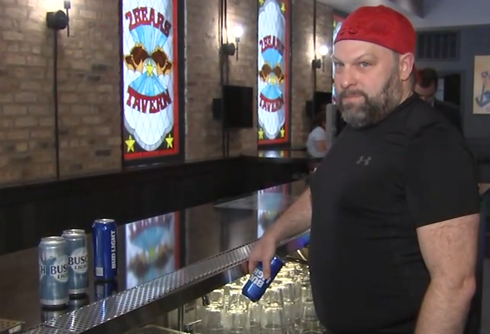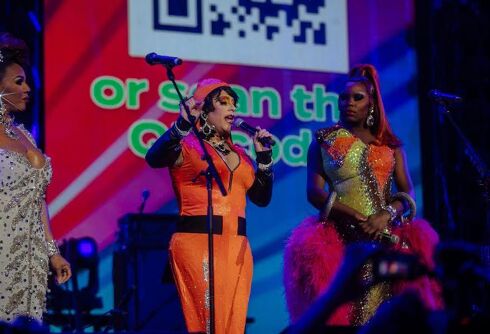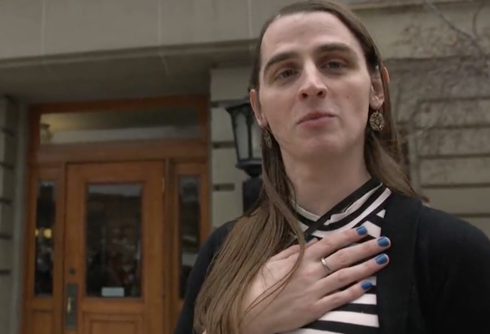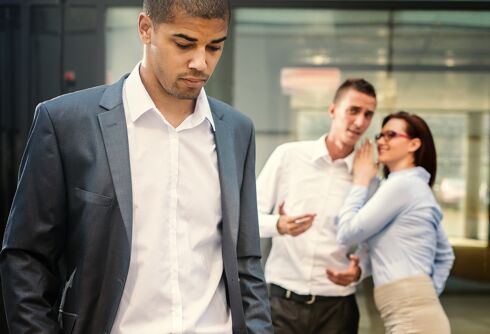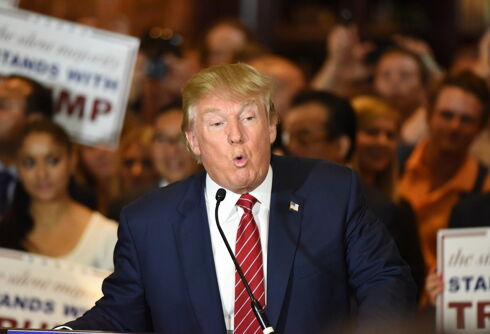A new Politico/Morning Consult poll suggests that South Bend Mayor and 2020 Democratic presidential hopeful Pete Buttigieg faces a disadvantage in the coming primary elections: only half of registered voters believe that they’re ready for a gay or lesbian president.
In the poll, 33% said that they were “definitely” ready for a gay or lesbian president, and 17% said that they were “probably” ready. 13% and 24% were “probably” and “definitely” not read, while the rest had no opinion.
Related: Franklin Graham just cited the Leviticus ‘death to gays’ verse when discussing Buttigieg
Only 40% said that they believe that America is probably or definitely ready, and the number went down to 36% when asked if people thought their neighbors were ready.
Never Miss a Beat
Subscribe to our newsletter to stay ahead of the latest LGBTQ+ political news and insights.
Morning Consult vice president Tyler Sinclair said that sexuality is an issue for a significant number of Democratic voters, too.
“Notably, 58 percent of Republicans, 32 percent of independents and 22 percent of Democrats say they aren’t ready for a gay or lesbian president,” Sinclair said. “The comparative figures not ready for a female president are 36 percent of Republicans, 15 percent of independents and 8 percent of Democrats.”
Other demographics fared better. 73% said that they were ready for a female president and 65% for a Hispanic president. 45% said they were ready for an agnostic or atheist president, but 61% said they were ready for a vegan president.
In a June Reuters/Ipsos poll, 34% of adults said that they would be less likely to vote for a gay or lesbian candidate for president. An April NBC/WSJ poll found that 68% of Americans would be “enthusiastic” or “comfortable” with a gay president. And a 2015 Gallup Poll found that 74% of Americans would vote for a gay candidate at all, far lower than a woman (92%) or a black person (92%).
All these polls use slightly different wording – “ready” versus “enthusiastic” or “comfortable” versus less likely to vote for versus willing to vote at all for – which perhaps affects the results, as well as different sampling methods (registered voters or all adults).
But the bottom line is clear: a significant number of people are judging the candidates based on their sexual orientation.





































